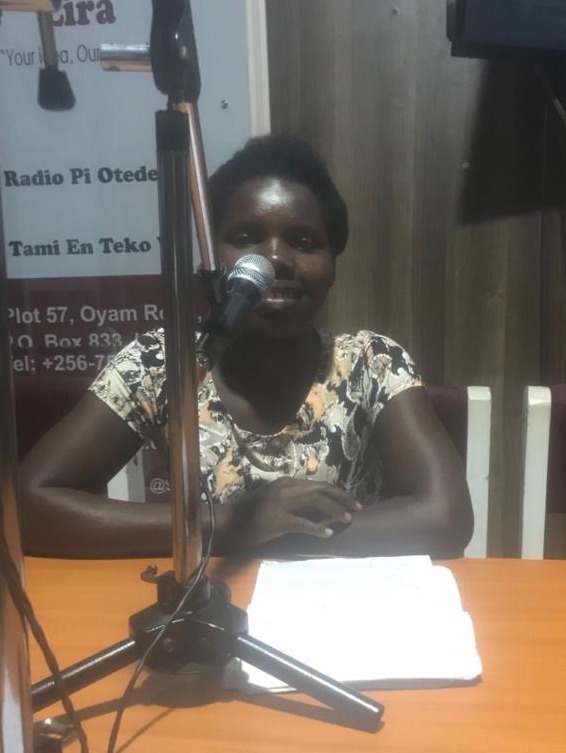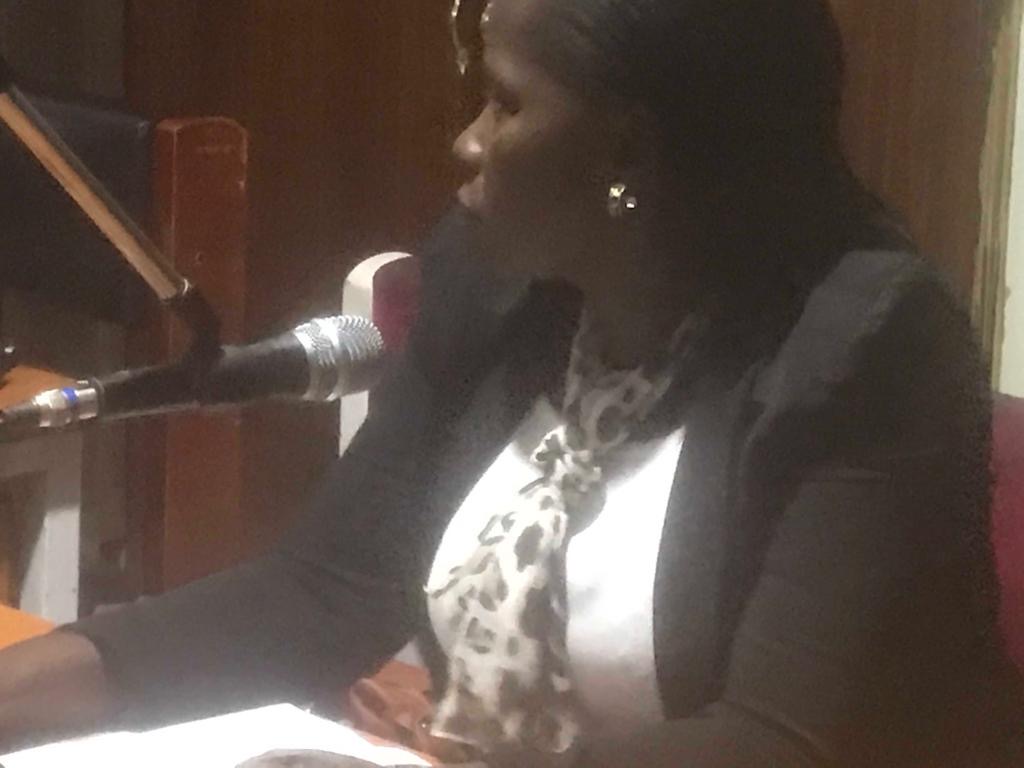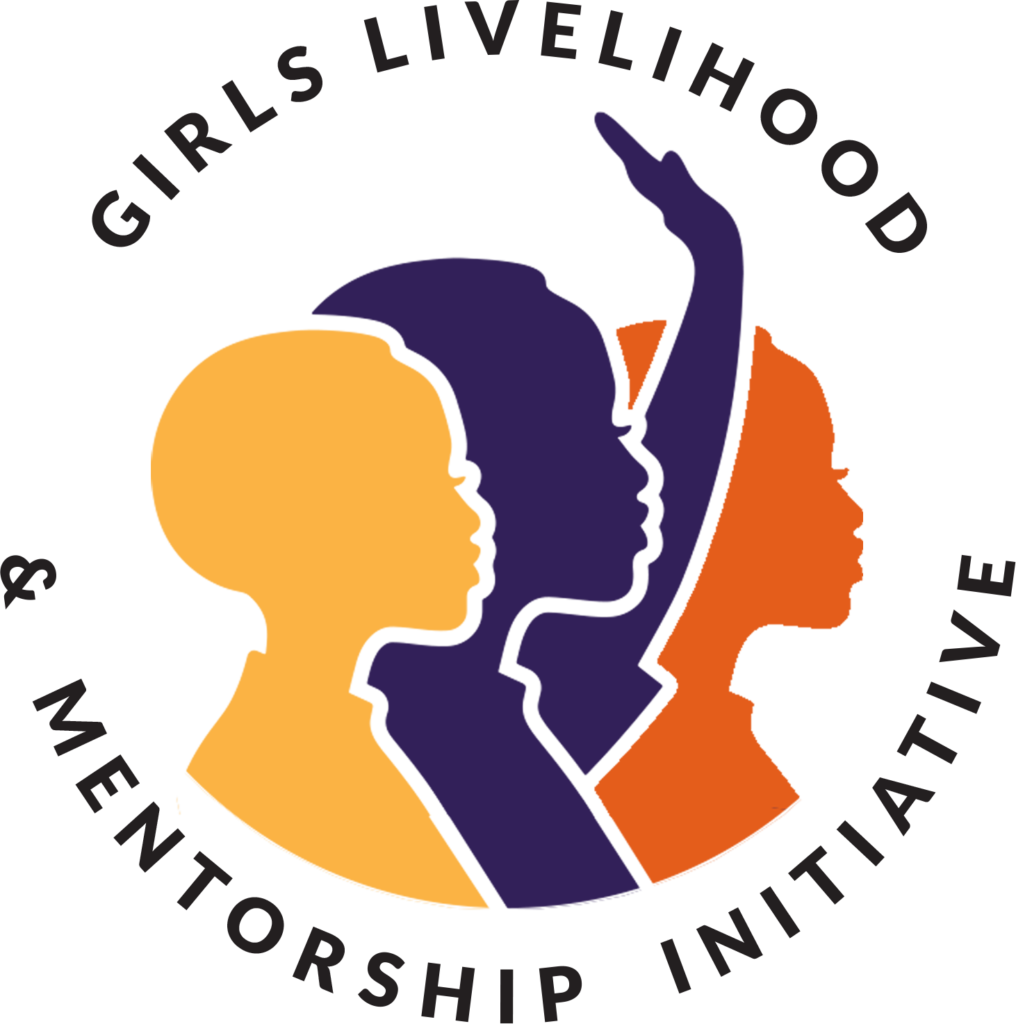
Session 1: Life Challenges and Becoming Resilient
Wednesday, July 8, 2020
During the COVID-19 pandemic, schools throughout Uganda have been closed indefinitely. Students are stuck at home, many with no resources at all to stay connected or continue learning. Community Radio is one of the most effective ways of reaching people in rural areas of developing countries. African Girls Can recommended a three-part program to the local radio station in Lira, which was immediately interested in content to provide hope and encouragement to youth, especially girls.
This is the script for the first program. It was followed fairly closely, broadcast primarily in the local language, Luo, and lasted one hour. At the conclusion, the phone line was opened and it rang off the hook!
Moderator (M), African Girls Can (AGC)
M: Welcome everyone! Joining us this evening are Madame Jennifer Nyakober, a math teacher and head of the Career and Counseling Department at St. Katherine School in Lira, and recent St. Katherine graduate, Adong Flavia. Flavia graduated A-Level in 2019 and her combination was Literature, Economics, and Geography. She dreams of becoming a lawyer one day and she enjoys writing poetry. Jennifer and Flavia are representing the organization African Girls Can.
Please tell us about African Girls Can.
AGC: African Girls Can was founded in 2016 to promote girls’ education and empowerment. We provide partial scholarships for girls in the Lira area to attend secondary school. These are girls who without this support would have no other opportunity to continue their education. We form a community with these girls and provide activities to help them build their confidence and succeed at school.
M: On today’s show, we are going to talk about challenges in life and resiliency. This is an especially important topic right now with the COVID-19 pandemic. It has been difficult to stay at home, away from school and your friends and teachers. The best we can all do is stay positive and know that the pandemic will not last forever. You will eventually be back to school. In the meantime, please stay strong and focused on your goals so that you can return when school reopens.
What does it mean when someone says “coping with, dealing with, or facing adversity?”
AGC: It is a condition marked by misfortune, disaster, or grief. The COVID-19 pandemic definitely fits this definition!
M: People say that going through hardships can make you stronger. Why do you think this is true?
When people overcome obstacles and succeed when the going gets tough, they are being resilient. Resilience is built over time, with practice and exposure to challenges. Think of a time when something was really hard for you, but you succeeded. Or, a time when you witnessed someone facing a big challenge and managed to handle it. It could be a situation from your own life, a friend or relative, or something you read about or saw in the media. Each challenge you meet and overcome makes you more able to cope with the next one. And there will be a next one – that’s life.
M: How can a person become resilient?
They key to dealing with adversity and being resilient is to come up with “coping strategies” that will help you get through it. Be patient and compassionate with yourself and others. This is a hard time for everyone.
Sometimes it’s difficult to talk about the things that are painful or difficult, but it always helps to talk it through with people who support you. These can be parents, teachers, or friends. A problem shared is a problem solved.
M: Can you give our audience some recommendations about how to deal with this stressful time and stay resilient?

AGC: Yes, we are going to talk about some ways to help you manage the uncertainty you may be experiencing in a more positive way to help you stay healthy, calm, and empowered. These ideas apply to anyone and everyone… girls, boys, grown women and men. We have 8 specific strategies that we will share today.
(Jennifer and Flavia take turns reading the strategies.)
1. Control the Controllable
It is easy to focus on events outside of our control. Instead of focusing on what we cannot do, ask yourself what you can do during these uncertain times. When you start feeling stressed, ask yourself, “What can I control in this situation?” The truth is we can only control what we think, say, and do, and how we respond to events outside of ourselves.
2. Practice Self-Care
Take care of yourself by focusing on proper sleep, drinking enough water, and keeping your body moving. Practice stress management and relaxation techniques such as meditation, deep breathing, and/or prayer. Also, acknowledge that the state of your body. Girls, when you are having your period, it affects your mind and your mood. And that is ok!
3. Connect with Others
We are social distancing because of the pandemic, but this does not mean social isolation. Don’t isolate yourself. Stay connected to others by building strong, positive relationships with loved ones and friends who can provide you with needed support and acceptance in both good times and bad. During this time of needed social distance, try to stay in touch with your friends.
4. Stick with a Routine
Try to maintain a routine that reflects your normal daily schedule. Act as if you are going somewhere when you wake up. Exercise, bathe, get dressed, make your bed, prepare for the day. Make a plan for how you are going to organize your day either the night before or in the early morning. Set aside some time to study each day in a dedicated place (and explain to your family that it is important for you to do this.) Have a list of objectives for the day to focus on so that you can have a sense of accomplishment or purpose at the end of the day.
5. Go Outside
Find some time during your day to get outside, preferably combining this with movement or exercise. Take a nice long walk and observe what you see that is beautiful in nature. Being in the fresh air and connecting with nature decreases mental stress and boosts our immune system.
6. Think Effectively
When we face uneasiness or worry, it is easy to allow our thoughts to run away, thinking the worst will occur. Acknowledge these feelings, but then counter them. Talk with others or write down what you are feeling, rather than allowing yourself to dwell on them. Remind yourself of the transitions and challenges you dealt with in the past. When negative or anxious thoughts arise, ask yourself, “How is this serving me?” Find a phrase that may pull you back to feeling calm: “I am at peace” or “I am calm” or “This will pass” or “This is only temporary.” Look for positives that you are seeing in yourself and others and try to think of the things that make you feel grateful and happy.
7. Stay in the Present
One good way to stay in the present is by practicing deep breathing. Exhale down through your belly and inhale all the way up through your chest. Find a count (like 5) that is the same for inhale and exhale. This helps keep your breath even and smooth, and makes you focus on that number. This can be a distraction technique for negative thoughts and you can do this for two minutes several times a day.
(To demonstrate say: “Breathe In” and count slowly to five. “Breathe Out” and count slowly to five.)
8. Focus on Priorities and Purpose
Use this time at home to allow yourself a moment for reflection. How do you want to spend your time and live your life? What are your dreams and goals? What is really important to you? Break down these goals into smaller steps in order to make a plan to reach them.

Now that we have discussed the strategies, let’s see how well you remember. We have brought cards that the Moderator will pick from the pile and read out loud. Think about whether each of these is a helpful or harmful coping strategy.
M: Ok, I am going to draw the first card. It says “Withdraw and do not talk to anyone.”
AGC: No. Isolating yourself does not help you. It is better to get things off your chest by talking to your friends or someone you trust.
M: Card #2 says “Go to bed early.”
AGC: Yes. It is good to take care of yourself with a good night’s sleep. Things generally look brighter in the morning.
M: The third card says “Escape the situation with risky behaviors such as drugs, alcohol, or sex.”
AGC: No, no, and no. Risky behaviors will only result in much bigger problems such as addiction, unplanned pregnancy, or sexually transmitted illnesses.
M: Card #4 says “Go for a walk to clear your head.”
AGC: Yes. Exercise is helpful both mentally and physically. Take a friend along with you.
M: Finally, the last card says “Lash out at your parents.”
AGC: No. Your parents are feeling stress also. When you feel like bursting, practice your breathing instead. Take a pause before you burst out and say something you may regret.
Remember that it is normal to feel anxious during times of uncertainty and stress. How you respond to those situations is what matters.
 M: Thank you everyone for listening to African Girls Can on the radio and working on building your resilience. Tune in again next week when our topic will be self-advocacy, by which we mean standing up for yourself.
M: Thank you everyone for listening to African Girls Can on the radio and working on building your resilience. Tune in again next week when our topic will be self-advocacy, by which we mean standing up for yourself.
Until then, stay strong, stay well, stay hopeful!
 With gratitude to Girls Livelihood and Mentorship Initiative and its Binti Shupavu program for assistance with this content. Binti Shupavu is a four-year life skills course for lower secondary school girls covering topics such as study skills, personal leadership, health and self-confidence with the goal of increasing graduation rates for vulnerable girls.
With gratitude to Girls Livelihood and Mentorship Initiative and its Binti Shupavu program for assistance with this content. Binti Shupavu is a four-year life skills course for lower secondary school girls covering topics such as study skills, personal leadership, health and self-confidence with the goal of increasing graduation rates for vulnerable girls.
Additional information was drawn from an article by US psychologist, Dr. Barbara Walker.

